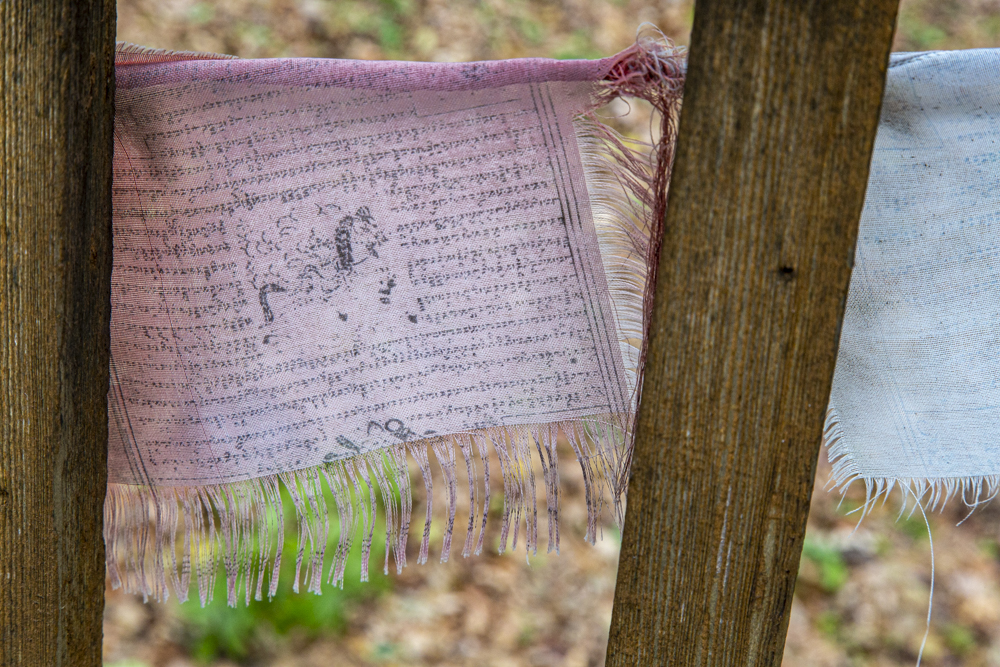 This week’s challenge in my 52Frames online photo group was
This week’s challenge in my 52Frames online photo group was
Wabi-Sabi
“Pare down to the essence, but don’t remove the poetry.”
― Wabi-Sabi: For Artists, Designers, Poets & Philosophers
When I looked up Wabi-Sabi online for a definition, the one that resonated for me was, “The illusive beauty of imperfection.” I also liked this definition by Andrew Juniper, “[wabi-sabi is] an intuitive appreciation of ephemeral beauty in the physical world that reflects the irreversible flow of life in the spiritual world.”
This morning I went looking for Wabi-Sabi in my house and out on my deck. I leave you with a few of the photos I made in my search for imperfection’s perfect beauty.
“Get rid of all that is unnecessary. Wabi-sabi means treading lightly on the planet and knowing how to appreciate whatever is encountered, no matter how trifling, whenever it is encountered. […] In other words, wabi-sabi tells us to stop our preoccupation with success–wealth, status, power, and luxury–and enjoy the unencumbered life. Obviously, leading the simple wabi-sabi life requires some effort and will and also some tough decisions. Wabi-sabi acknowledges that just as it is important to know when to make choices, it is also important to know when not to make choices: to let things be. Even at the most austere level of material existence, we still live in a world of things. Wabi-sabi is exactly about the delicate balance between the pleasure we get from things and the pleasure we get from freedom of things.”
― Wabi-Sabi: For Artists, Designers, Poets & Philosophers
“But when does something’s destiny finally come to fruition? Is the plant complete when it flowers? When it goes to seed? When the seeds sprout? When everything turns into compost?”
― Wabi-Sabi: For Artists, Designers, Poets & Philosophers
“The Japanese think it strange we paint our old wooden houses when it takes so long to find the wabi in them. They prefer the bonsai tree after the valiant blossoming is over, the leaves fallen. When bareness reveals a merit born in the vegetable struggling.”
― Collected Poems
“Wabi sabi is an intuitive response to beauty that reflects the true nature of life. Wabi sabi is an acceptance and appreciation of the impermanent, imperfect, and incomplete nature of everything.”
― Wabi Sabi: Japanese Wisdom for a Perfectly Imperfect Life
…the Japanese sense of beauty has long sharply differed from its Western counterpart: it has been dominated by a love of irregularity rather than symmetry, the impermanent rather than the eternal and the simple rather than the ornate.
— Donald Keene, The Pleasures of Japanese Literature
May you walk in beauty.
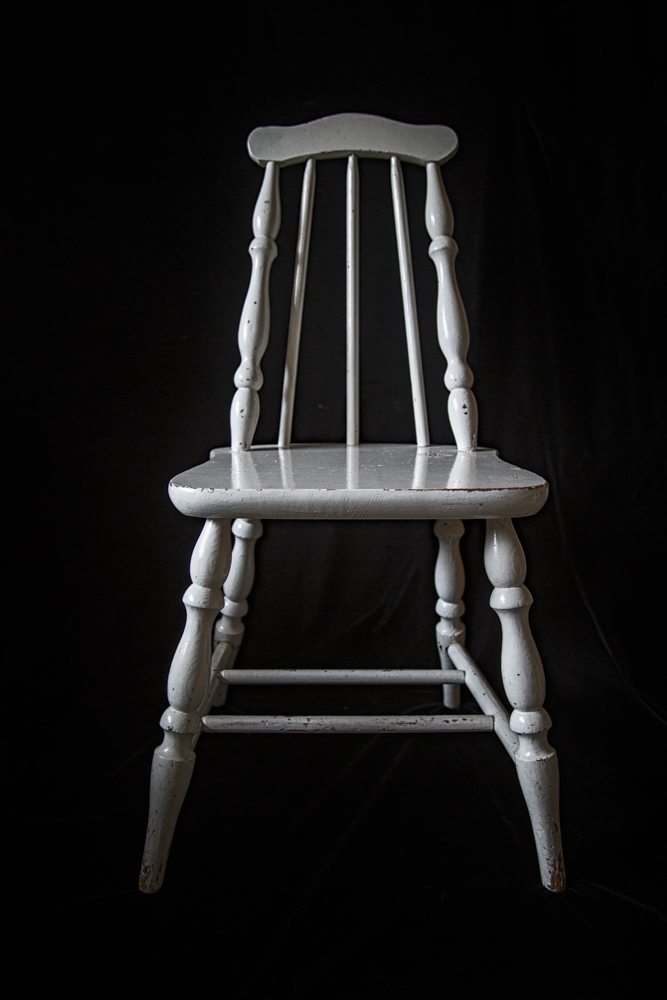
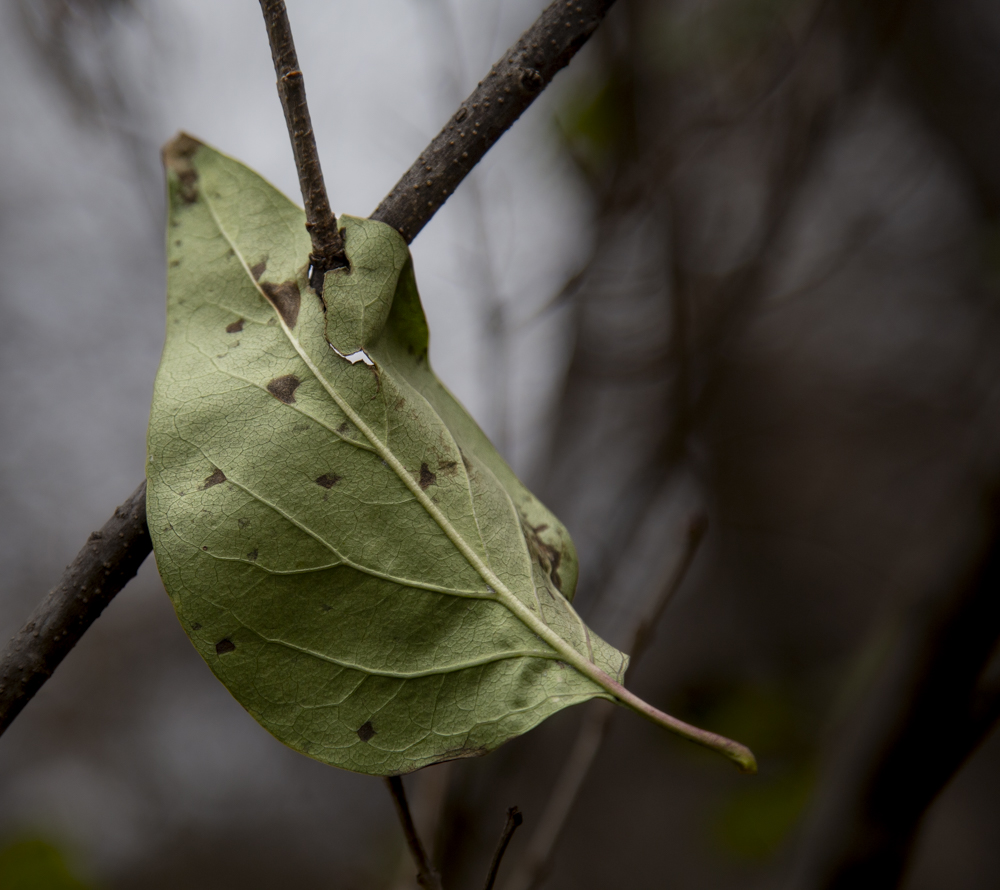
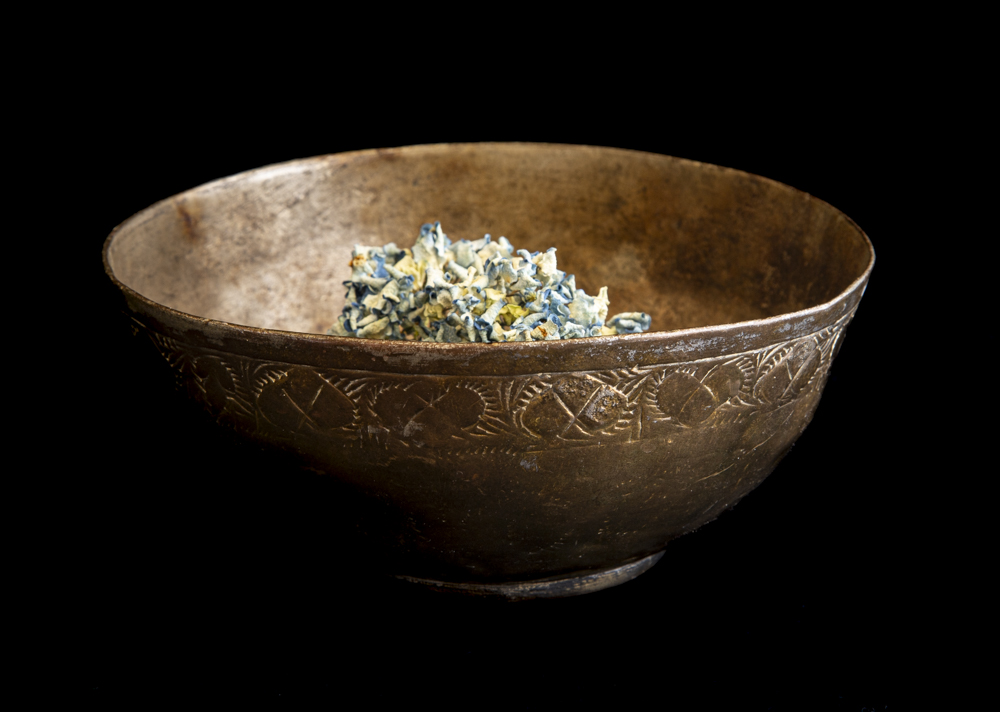
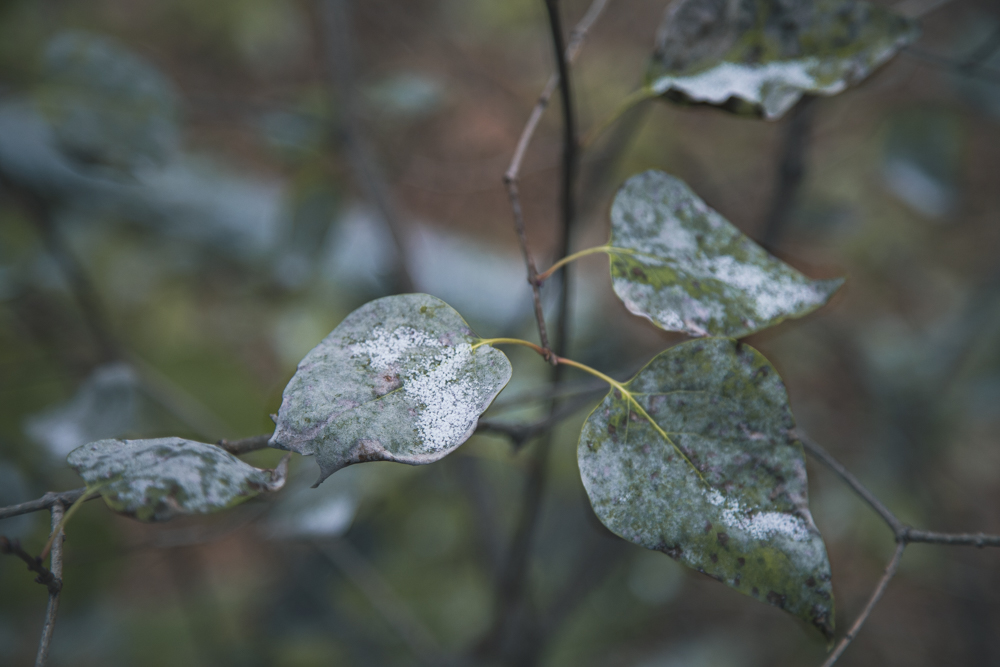
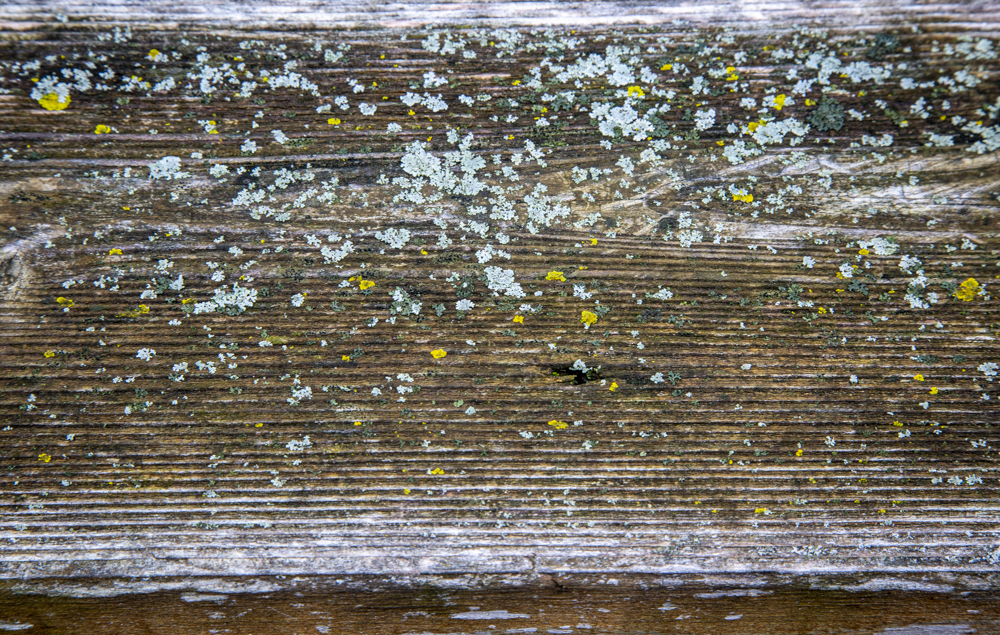
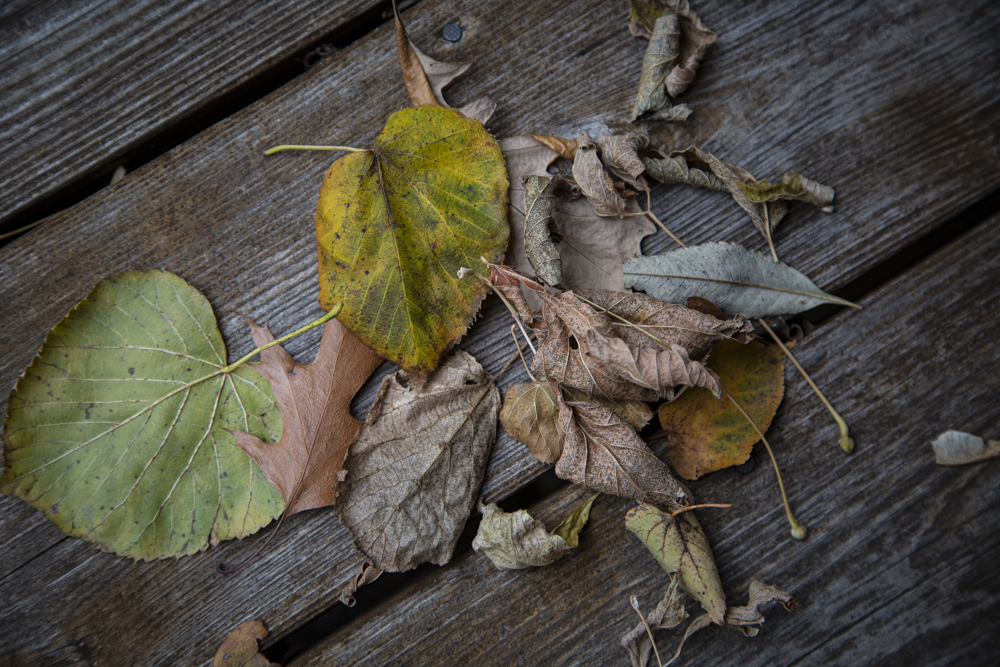
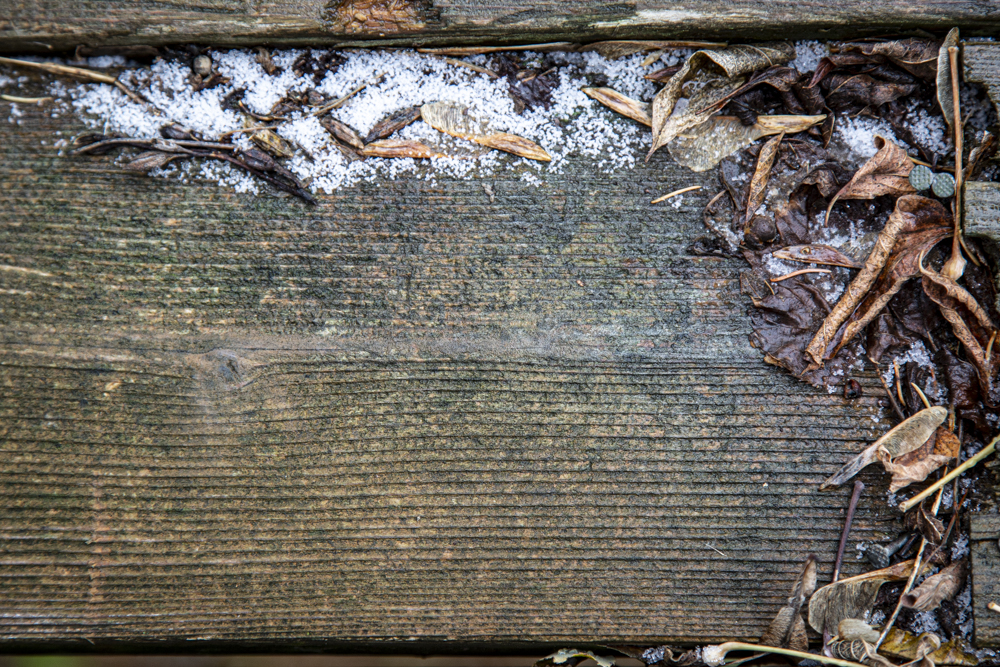
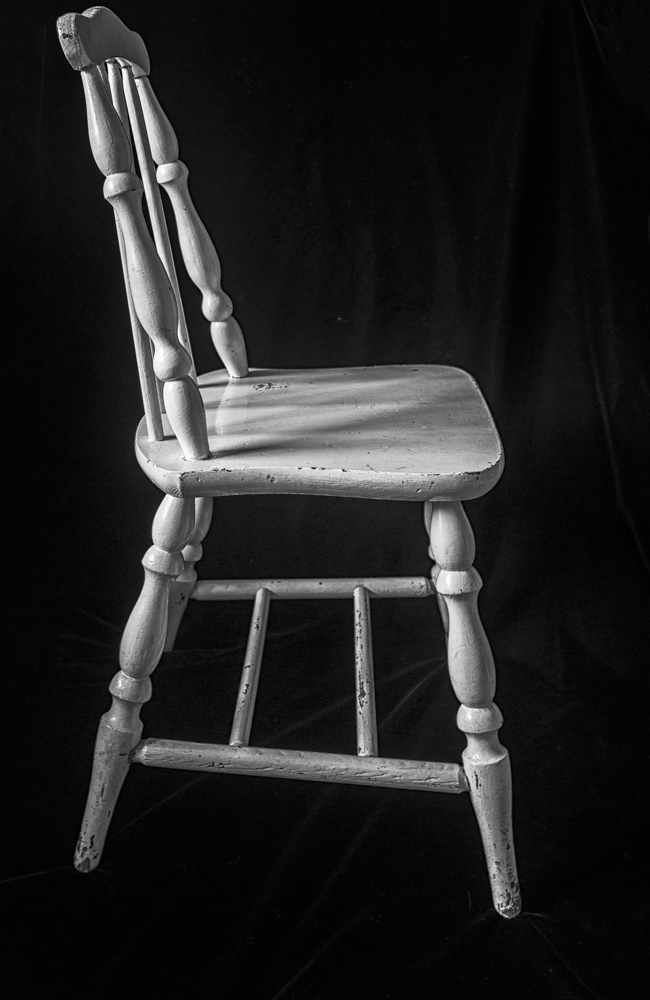
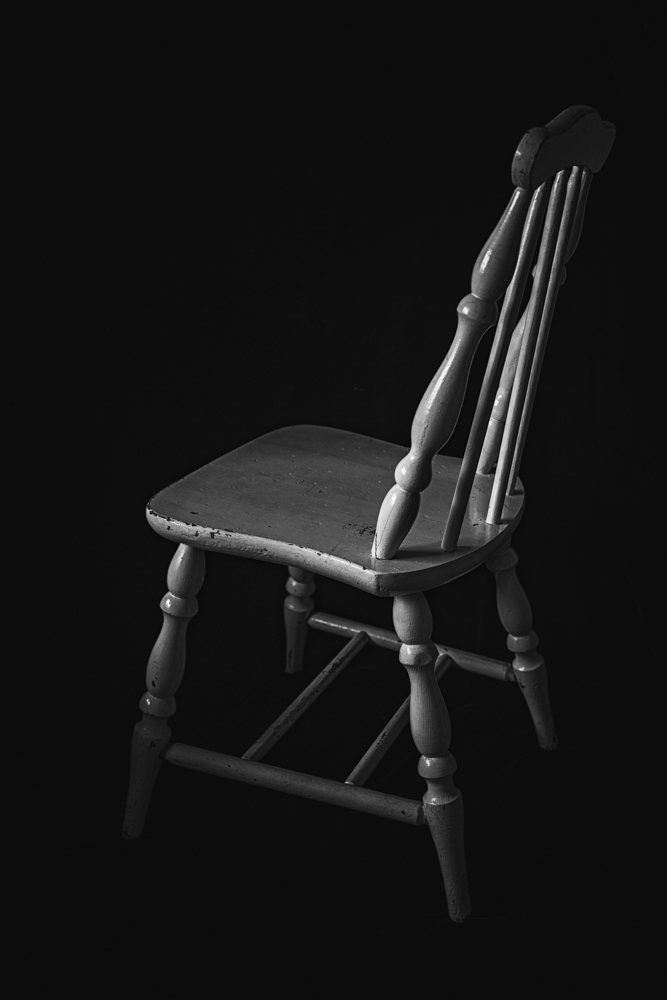
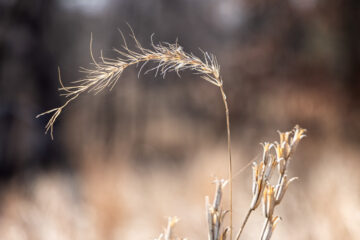
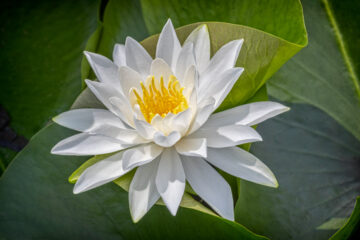
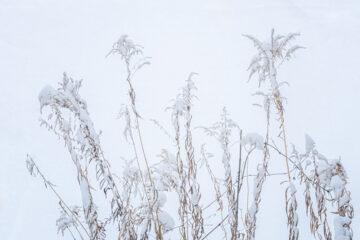
0 Comments